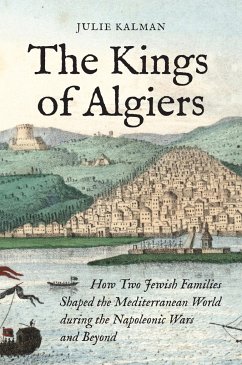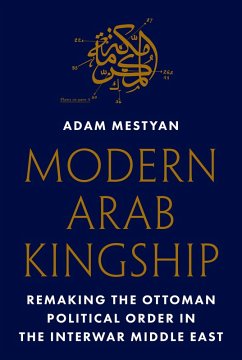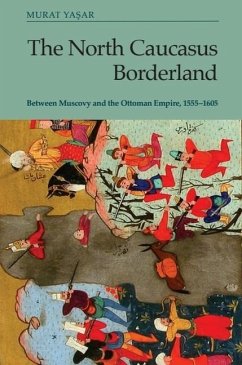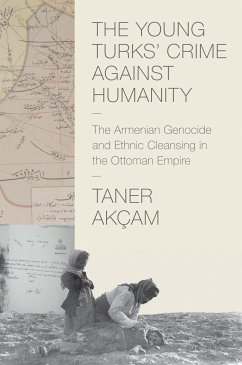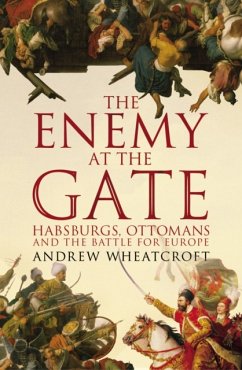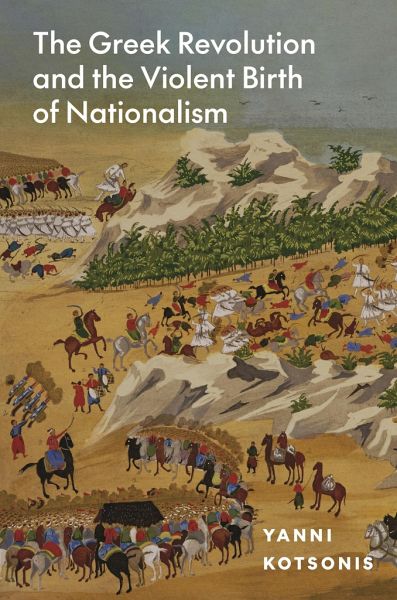
The Greek Revolution and the Violent Birth of Nationalism
Versandkostenfrei!
Versandfertig in 2-4 Wochen
40,99 €
inkl. MwSt.

PAYBACK Punkte
20 °P sammeln!
"At the beginning of the nineteenth century, Greece was not a country-it was only a vague idea. The territories we now call Greece were part of the Ottoman Empire, though some of its islands were ruled at various points by the Venetians, the French, the Russians, and the British. The population was a mix of religious and ethnic groups including Muslims, Orthodox Christians, Catholics, and Jews, who spoke Albanian, Turkish, Vlach dialects, and numerous other varieties of Greek. But by 1830, Greece was a united, independent, and Orthodox Christian country that had made a global impact in the age...
"At the beginning of the nineteenth century, Greece was not a country-it was only a vague idea. The territories we now call Greece were part of the Ottoman Empire, though some of its islands were ruled at various points by the Venetians, the French, the Russians, and the British. The population was a mix of religious and ethnic groups including Muslims, Orthodox Christians, Catholics, and Jews, who spoke Albanian, Turkish, Vlach dialects, and numerous other varieties of Greek. But by 1830, Greece was a united, independent, and Orthodox Christian country that had made a global impact in the age of empires. In The Greek Revolution: A New History, Yanni Kotsonis tells the story of the 1821 revolution and war for Greek independence, arguing that Greece's evolution was far from inevitable. The author paints a vivid picture of how a religiously, ethnically, and linguistically mixed milieu turned violent and chaotic, and how the Enlightenment and the imperial machinations of Greece's neighbors and other European power created a movement within Greece to join "Christian Europe." Over the course of the revolution, all Orthodox Christians became Greek, and all Muslims became Turks (the many languages and dialects used by both populations notwithstanding). The author brings the revolution to life through the colorful stories of figures now regarded as heroes of the revolution, from the mercenary and pirate "Little Theodore" Kolokotronis to the former Venetian aristocrat Giovanni Cap d'Istria. Though Greece was only a small province of the Ottoman Empire, its emergence after the Greek Revolution of 1821 led to the creation of Greek identity, gave rise to the idea of a Christian nation, and set the stage for the age of nationalism that was to come"--



